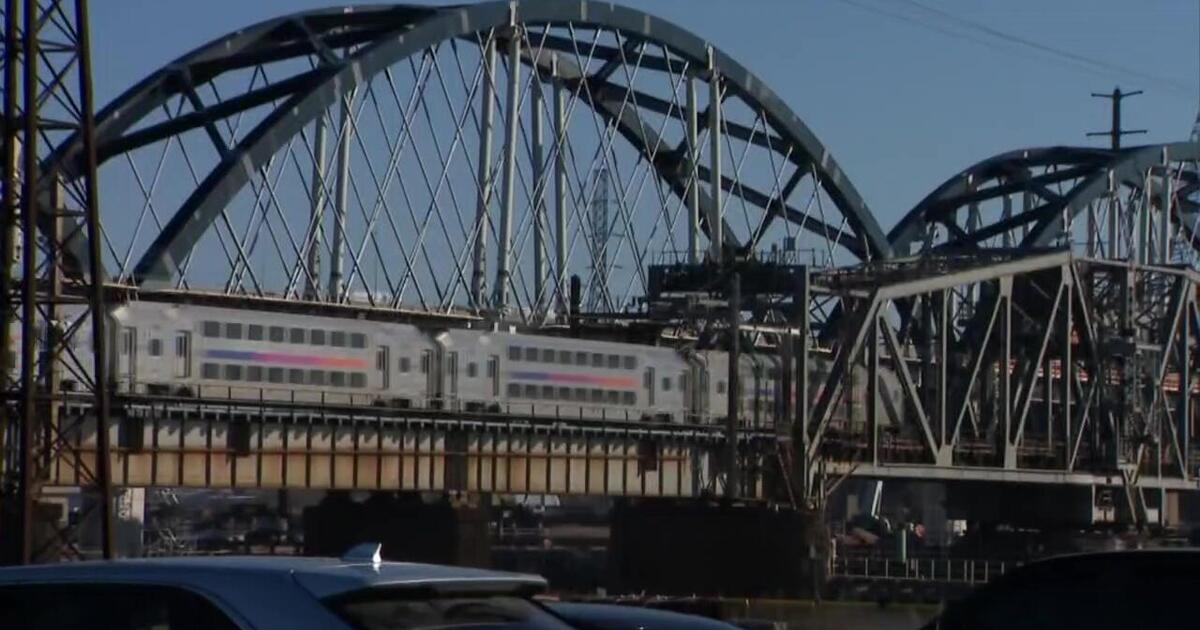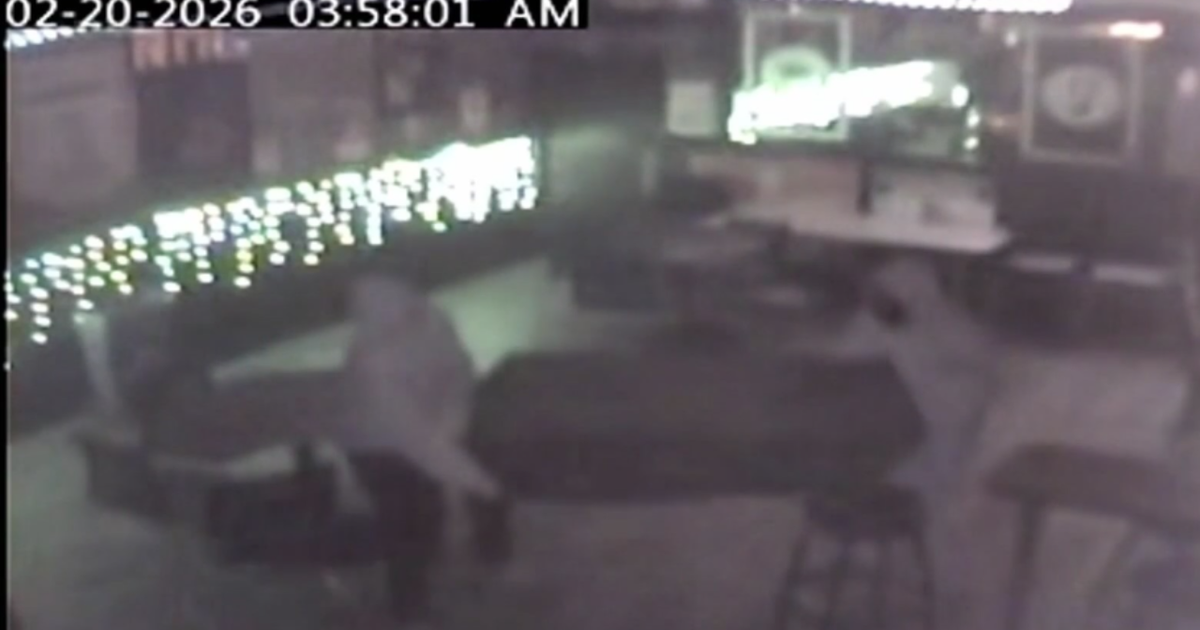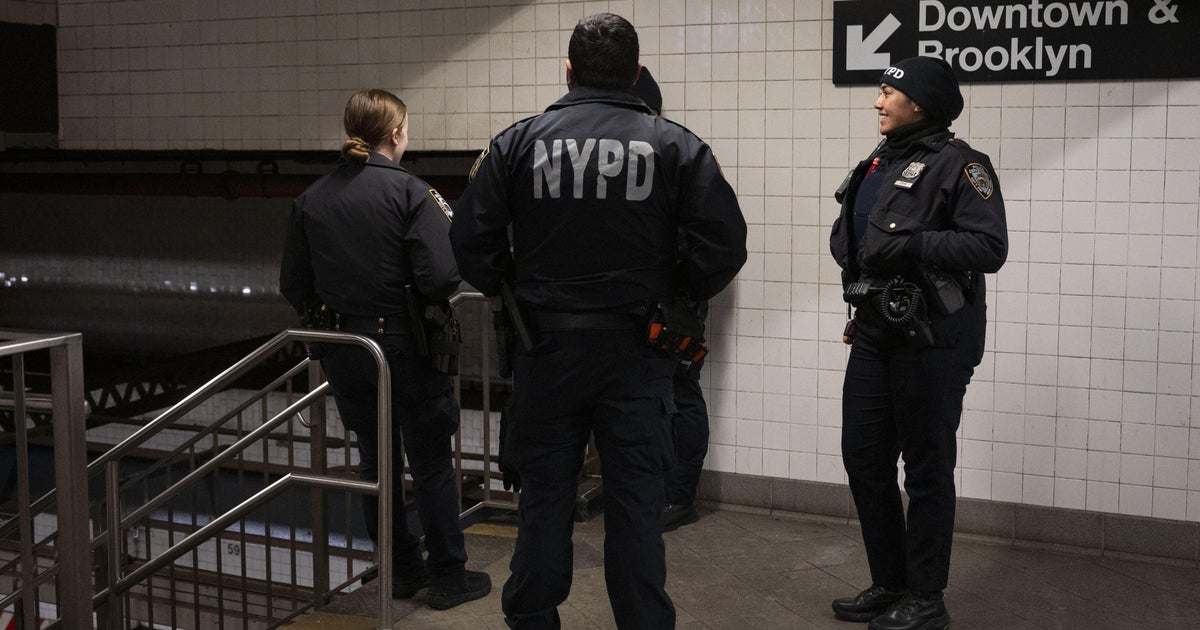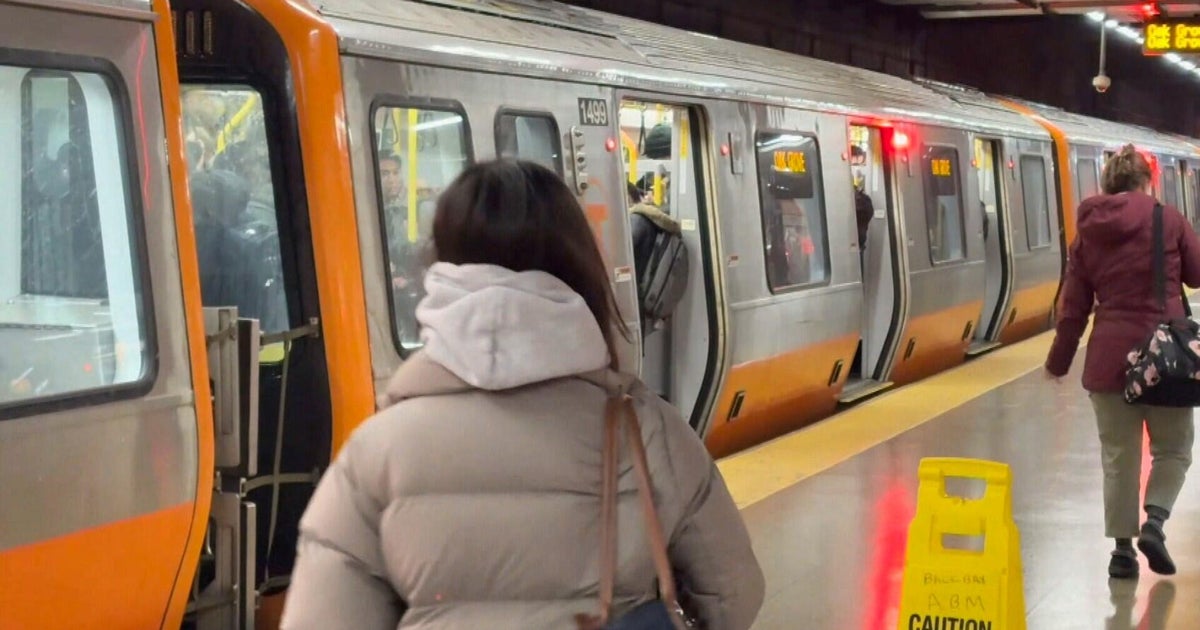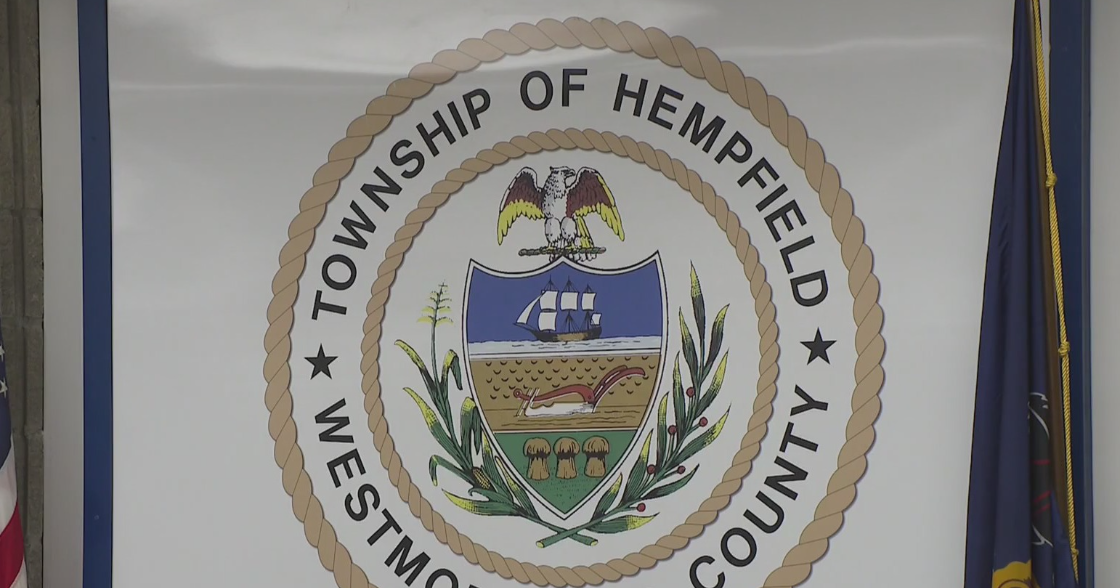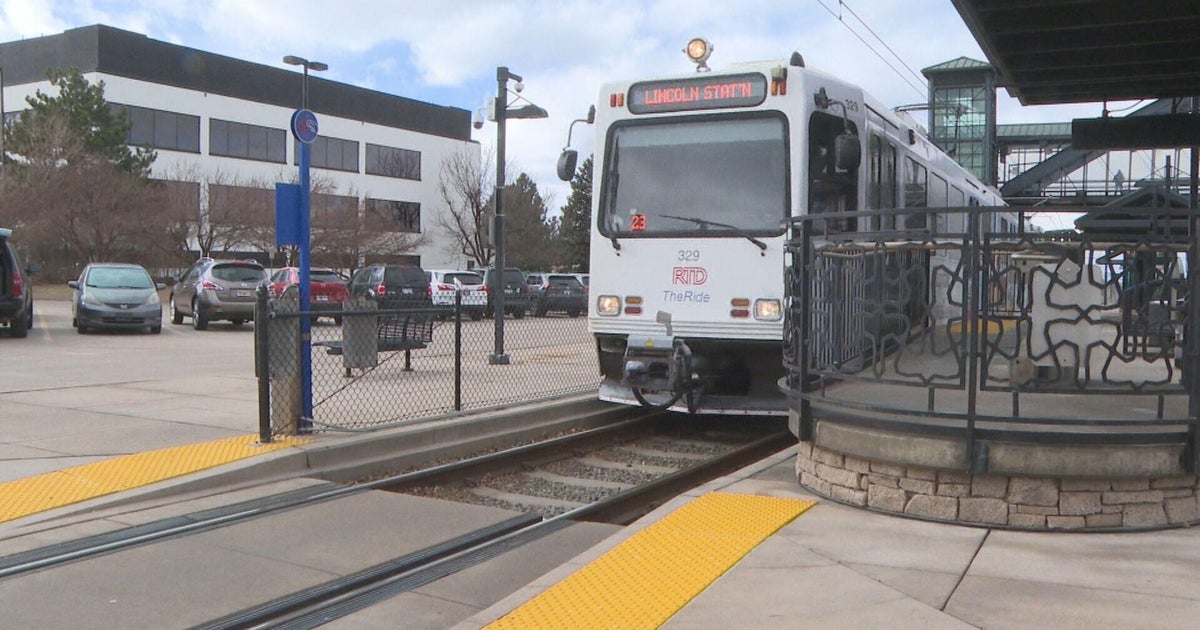Making Elon Musk's Underground Transit Plans A Reality
CHICAGO (CBS) -- The high tech express system to be built by billionaire Elon Musk will start in Block 37.
The transit system will start under Randolph on its way toward the Kennedy.
From the Kennedy it will head to Halsted Street and northwest under Milwaukee Avenue.
The tunnels then would run northwest under Elston Avenue near Goose Island before crossing under the Kennedy Expressway and heading west to O'Hare.
Businesses and pedestrians won't be disturbed. Engineers promise. But it'll be an enormous project.
Before the high tech cars can make the promised 12 minute trip to O'Hare, construction workers have to build 17 miles of twin tunnels.
The Boring equipment Elon Musk will use is far more sophisticated than the excavation methods that made way for Chicago's subway system, according to Northwestern University civil engineering professor James Hambleton.
"You're building the supports as you go, and in that way you go quickly through soil and you can also do a really good job controlling ground settlements," said Hambleton.
Still, he wonders whether Musk can get the project done on time, at only a billion dollars.
"I'm optimistic by nature, but when you're tunneling under ground you're bound to encounter all kinds of surprises and things won't go as planned," said Hambleton.
Musk said it'll pick up the tab for it all, even it goes over budget.
Alderman Scott Waguespack is skeptical.
"That's what they're saying here, that it won't cost taxpayers a dime. I think that's been proven to wrong over several years looking at contracts that the city has undergone," said Waguespack.
"There is a role for doubters. People should question things," said Musk.
But Musk said look at his track record: building the Tesla cars and the Space X program from scratch.
"Now it's the world's leading launch company, recently exceeding Russia, China and Boeing-Lockheed combined," said Musk.
Where will all the dirt go from the excavated tunnels? Musk said they're investigating the possibility of recycling the dirt into bricks for structures.
CBS 2's Jim Williams and Charlie De Mar contributed to this story.
